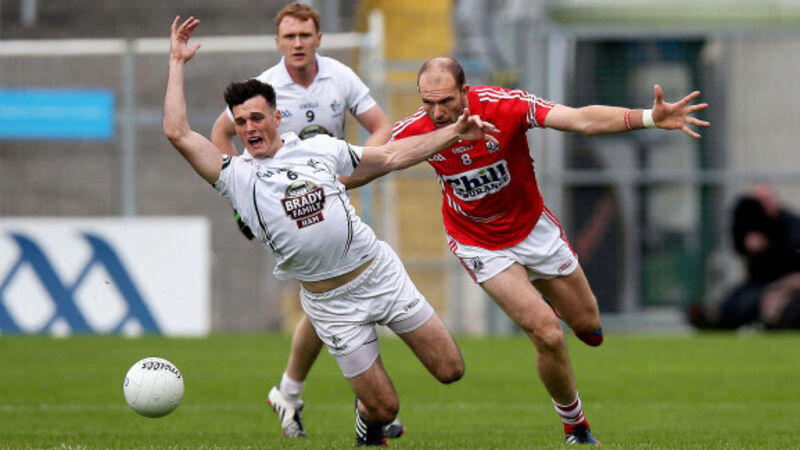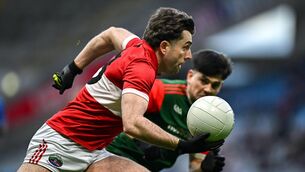Conor McCarthy: Cork review process won’t be easy but worth it in the long run

In this review process, we often find it difficult to separate fault and failure. While the foundation of any success is learning from our failures, we can miss the opportunity in the rush of the blame game. We like fault better and so history will most likely repeat itself.
Review in times of failure is certainly not easy but those who can accurately identify failure’s causes and contexts, with no ego, are the ones that start to shape the future.














